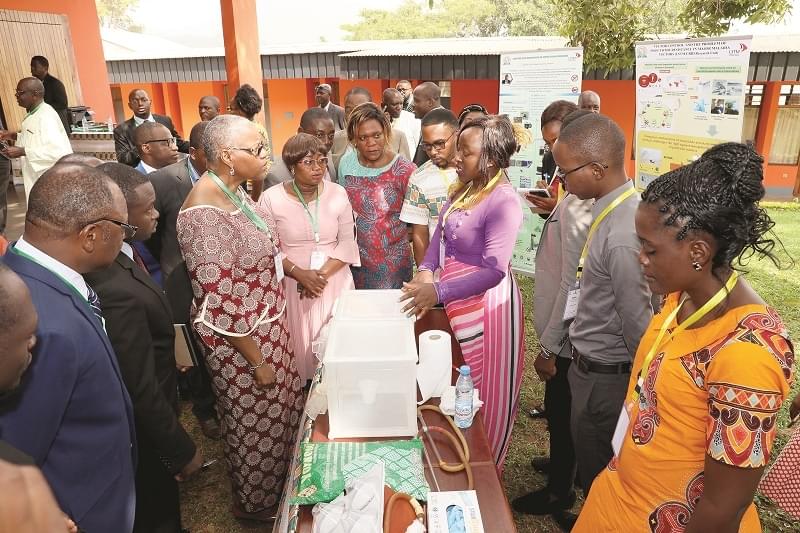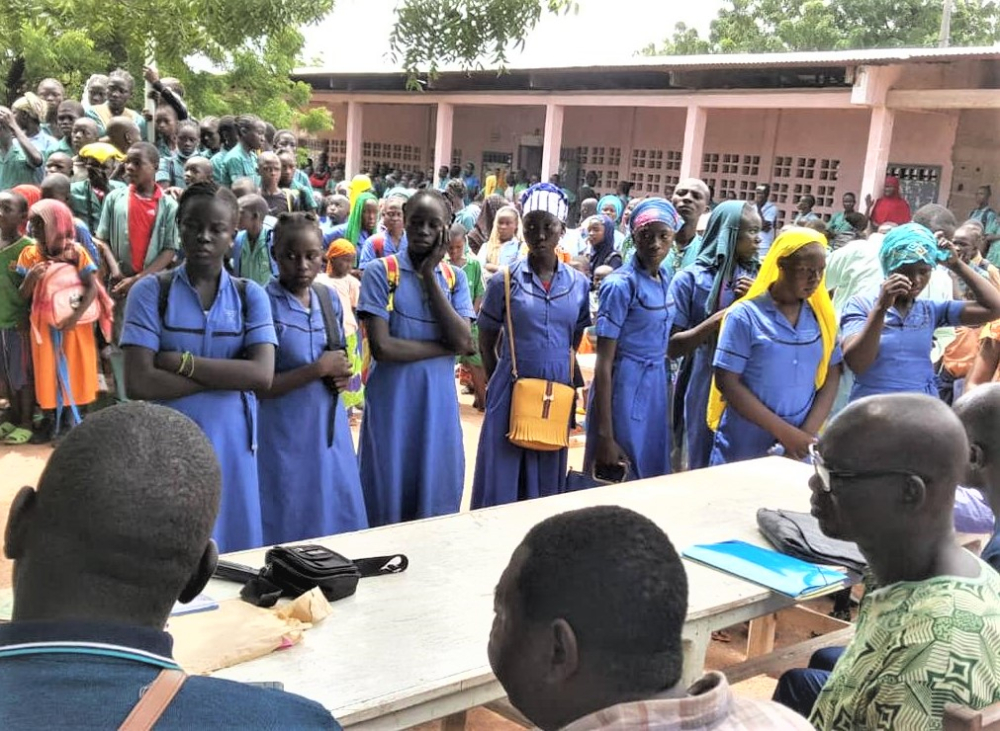Vector Control: Advisory Group Examines Action Plan
- Par Brenda
- 05 déc. 2018 15:23
- 0 Likes

The first partnership meeting for increasing the impact of vector control ends today, 5th december 2018 in Yaounde
Due to its inter-tropical zone and the high diversity of its ecosystems, Cameroon presents suitable environment which favours persistence of several infectious diseases including vectorborne diseases which are a major concern in the country’s health system. Furthermore the 2011-2015 National Strategic plan for health development, placed research as a central tool to help guide health policies, in order to reduce by 30 per cent the burden of vector borne diseases. However, evaluation of this strategic plan showed that the target was not reached due to several reasons, amongst which are; poor vulgarisation of research results and the very low national capacity to use the existing results to impact on decision-making processes. Within this backdrops, partners in increasing the impact of vector-borne diseases control in the country met for the first time yesterday, December 4, 2018 in Yaounde with the goal to come up with effective tools, strategies and interventions on how the Ministry of Public Health and other stakeholders can control vector through regular assessment of research outputs.
This is within the United Kingdom’s Global Research Fund funded project named Partnership for Increasing the Impact of Vector Control with a vision to increase the capacity of UK and African Scientists to develop sustainable solutions and partnerships to reduce the burden of vector-borne diseases. The current meeting by the Technical Vector Control Advisory Group hopes to facilitate decision-making ab...
Cet article complet est réservé aux abonnés
Déjà abonné ? Identifiez-vous >
Accédez en illimité à Cameroon Tribune Digital à partir de 26250 FCFA
Je M'abonne1 minute suffit pour vous abonner à Cameroon Tribune Digital !
- Votre numéro spécial cameroon-tribune en version numérique
- Des encarts
- Des appels d'offres exclusives
- D'avant-première (accès 24h avant la publication)
- Des éditions consultables sur tous supports (smartphone, tablettes, PC)
















Commentaires